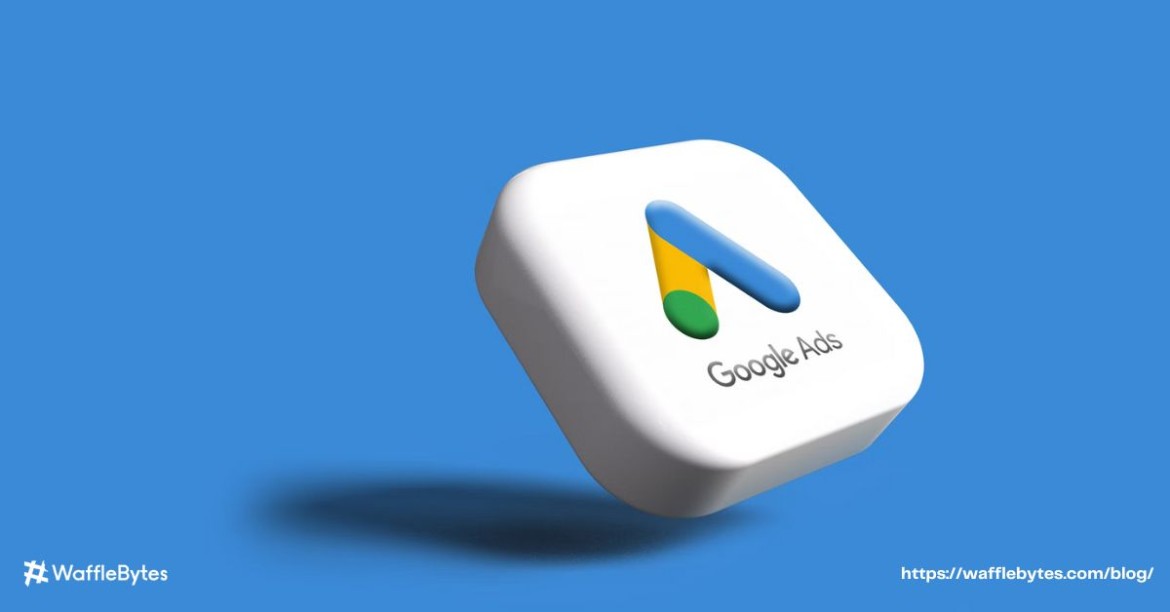Branded keywords or branded terms are specific in nature. They usually include the names of an organization or product. They may also contain names of a public figure, URL or some trademarked entity.
While the non-branded or generic keywords are more descriptive to get a broad range of matching results, branded keywords are peculiar.
Why use branded Keywords?
Branded keywords target people familiar with your brand name or something you sell. This is critical to remember because the target searcher is usually in the final phases of the sales funnel when they utilise keywords like this.
Another thing to remember about branded keywords is that they aren’t simply the name of a company or product. You can also create long-tail keywords for your branded company.
Who should use branded keywords?
If customers recognise your brand name, you should include branded keywords in your ad campaign. It does not have to be well-known worldwide, but a significant number of consumers should recognise it, or if You have a famous product or product range, you should use branded keywords.
On the other hand, if your brand is new and has very little to no search volume, you can skip adding branded keywords. If the face of the brand is not famous and you are launching new products in the market, branded keywords might not work for you.
Benefits of branded keywords
There are certain benefits of branded keywords over generic keywords.
1. Cost-efficient
Branded keywords are usually less expensive than non-branded keywords. Since you include branded terms , you are supposed to have a certain volume of people searching for your brand name.
There is always less competition for your brand name, so it is easy to rank.
2. Enhance Your Customer Service
With brand advertisements, you can make it simpler for customers to locate what they’re looking for, which can shorten their search process and improve their experience.
A search for Nike Air force 1 is one example of this. Instead of a generic Nike ad that takes you to the homepage, Nike has produced a special Air force 1 ad with relevant ad language. The ad takes you right to the Air one shoe category page, making the route to buy that much easier.
3. Top the list and much more
you can use branded terms for both organic and paid campaigns. Branded keywords are helpful for more than just putting your well-known company or items at the top of search results. You may use your trusted brand for advertising new product releases, planned sales events, and new store openings. You may also use it to smooth the transition from an old brand name to a new one.
Also Read: Google Ads Strategy For Travel Agency
You can use branded terms in PPC campaigns.
Branded terms are an excellent choice for pay-per-click marketing. They are reasonably inexpensive, and you know that visitors will click on your advertisements and convert from them.
Your aim when writing PPC advertising is to make a sale. They already know who you are, so save time directing them to helpful service sites or repeating what your firm does. Make the offer so attractive that people must act.
Does google interfere when competitors bid on your brand name?
Under some guidelines and regulations, competitors can bid on your brand name. Google’s restrictions on targeting rivals’ terms are:
- Ad text cannot include trademarked phrases that the competition does not own. Ad pictures cannot contain copyrighted images that the competitor does not own.
- Trademarked words are not permitted in display URLs.
- Ads cannot deceive customers about the origin of a product or service.
- Ads cannot deceive consumers about the firm for which they are intended.
Measures you can take to stop competitors from using your branded terms
If you do not want any other brand to use your branded terms in their PPC campaigns, you can either file a complaint to Google or trademark your branded terms.
Trademark your branded terms
You can go through the legal process of trademarking your branded terms. It protects your keyword because Google prohibits other brands from using your trademarked word.
File a complaint to Google
You can register a complaint with Google if a rival breaches any of the Google Advertisements rules for bidding on a competitor’s ads. The procedure is distinct from trademark infringement and other limitations.
Only trademark owners, attorneys of record, and those named explicitly by trademark owners are permitted to file trademark infringement complaints. You may consult with an attorney if the branded terms ad issue is substantial enough.
To report non-trademark breaches of Google Ads branded terms limitations, use the Report an Ad/Listing form.

